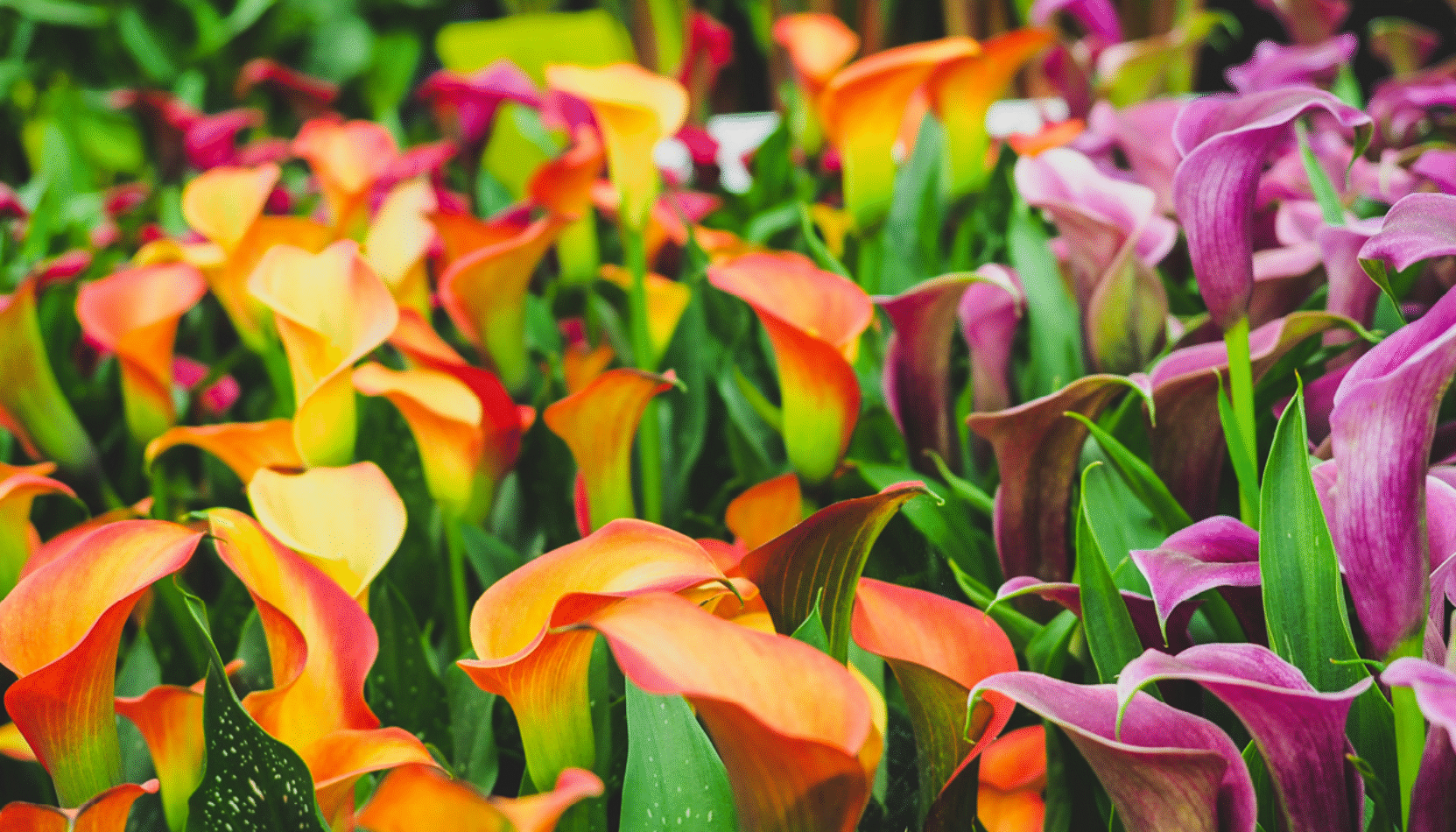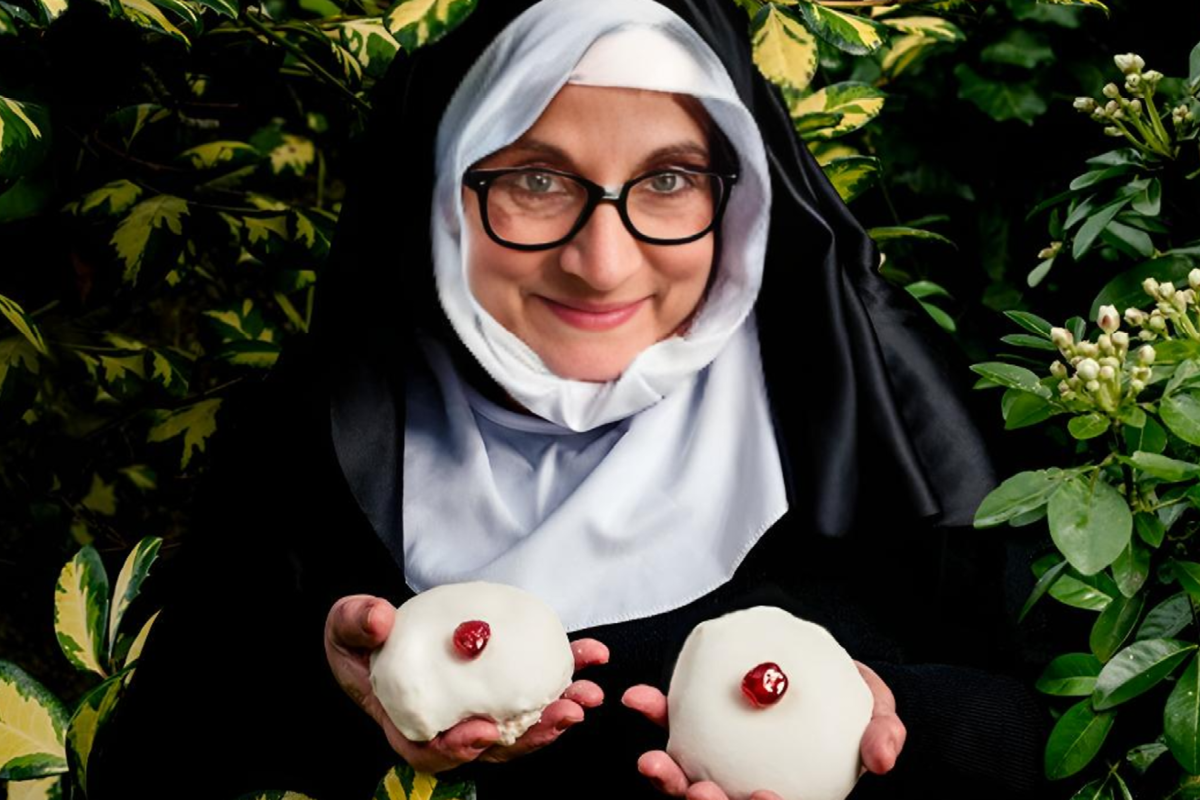2025 CHELSEA FLOWER SHOW GARDEN TRENDS
Love your garden? The trends at the Chelsea Flower Show this year are a mixture of acknowledging the challenges of gardening in the 21st century as well as embracing new technologies that may help with those problems. There are deep human connections to be made in many of the garden designs and themes, and there is a focus on health and wellbeing.
Below, gardening expert Fiona Jenkins at MyJobQuote.co.uk provides some of the best Chelsea Flower Show trends for this year…
Intelligent garden
The Avanade Intelligent Garden asks the question ‘what if trees could talk?’ as it demonstrates how artificial intelligence can support trees in an urban environment.
The garden is a collaboration between the award-winning design team of Tom Massey and Je Ahn and the might of Microsoft. It uses the latest AI technology in the form of sensors that monitor trees’ growth, soil conditions, water levels, and local weather patterns.
Visitors to the Chelsea Flower Show can ‘converse’ with the trees via an app, asking about specific care needs and whether the trees are thriving. The trees can also share information with those caring for them which allows for smarter and more efficient use of resources.
This is the first intelligent garden in Chelsea, but it is unlikely that it will be the last.
Plants that are resilient to weather extremes
The theme of plants that are resilient and adaptable to the weather is spread through many of the gardens at the Chelsea Flower Show this year.
The Hostpitalfield Arts Garden features drought tolerant coastal plants set within an abstract design that represents sand dunes. There’s a bothy made from corrugated iron which incorporates a rainwater harvesting system – highlighting the need for water conservation.
The Garden of the Future, which is designed by Josh Parker and Matthew Butler, demonstrates how easy it is to grow edible crops alongside ornamental plants – all of which are resilient as well as practical.
Baz Grainger’s Killik & Co. Save for a Rainy Day Garden is a futuristic look at a garden 25 years from now. It features architectural rainscaping and drought-resistant plants as a futureproofing solution to the challenges of a changing climate.
Mediterranean inspired planting
Inspired by the aridity of Mallorcan landscapes, the Hospice UK Garden of Compassion showcases many Mediterranean plants. Designed by Tom Hoblyn, the plants have mostly been grown from seed and offer strong colours amid the timber, stone and clay ‘rooms’ of the garden – providing areas of refuge for hospice patients and their families.
Most of the plants are drought resilient, something that UK gardeners may need to contemplate in the near future as unpredictable weather becomes the norm. Other gardens at Chelsea also feature plants that grow in tough conditions, such as The King’s Trust Garden: Seeding Success, which has been designed by Joe Perkins. These plants are set in a volcanic environment, highlighting their resilience and adaptability – offering a parallel with the King’s Trust support of young people facing adversity and challenges.
Gardens for wellbeing and health
An immersive and sensory experience, the Glasshouse Garden by Jo Thompson focuses on using plants as architectural features rather than hard landscaping. The planting is colourful and pleasing, the kind of garden most of us would like at home – filled with delicate blooms and lots of roses, making it an uplifting space.
The Freedom to Flourish Garden by Joe and Laura Carey is a harmonious space which is designed to help visitors slow down and reconnect with nature. Inspired by their home in Norfolk, everything is planted in gravel including native wildflowers as well as herbaceous perennials.
A theme of using our gardens to restore our health and wellbeing is prevalent in the designs within the Chelsea Flower Show – something we could all emulate.
Naturalistic planting
A lot of the gardens at Chelsea have a naturalistic planting style rather than a more formal and rigid layout. This fits well with the desire to reconnect with nature and respecting the balance between the natural world and our place in it.
To the untrained eye, it may seem uncontrolled or random but a lot of effort has gone into each design to make a more relaxed environment – something that is also encouraged in garden styling at this year’s show.
This way of planting allows each specimen to show off its unique form and shape, allowing visitors to appreciate their beauty and diversity.
Sustainability and water conservation
Unsurprisingly, sustainability and water conservation are big features of the gardens designed for Chelsea Flower Show 2025. The Avanade Intelligent Garden showcases a building which is constructed from an innovative sustainable material made from wood and mycelium.
The Hospice UK Garden of Compassion features separate ‘rooms’ which are made from reclaimed wood, stone and clay and inspired by off-grid homes in the Mallorcan mountains. Meanwhile, the Garden of the Future shows how edible crops such as sweet potatoes and chickpeas can be grown in the UK climate.
Water conservation is highlighted in a number of gardens at Chelsea. Among them is Killik & Co’s Save for a Rainy Day Garden featuring a rainwater capturing system specifically designed to deal with sudden flooding occurrences.
Japanese gardens
A popular trend at the Chelsea Flower Show, and elsewhere this year, are Japanese gardens. Kazuyuki Ishihara’s Cha No Niwa Japanese Tea Garden has its own tea house sitting in the midst of various Japanese maples.
Among the balcony gardens, the draw of small but impactful spaces is made clear with examples like the Komorebi Garden – showcasing all that is perfect with Japanese planting.
Finally, Secret Base – The Another Green Room Garden is inspired by a traditional Japanese courtyard garden within a townhouse. It provides a space to be immersed in nature and acts as a secluded hideaway – something we could all do with now and again.
MORE ABOUT THE AUTHOR FIONA JENKINS
Fiona Jenkins is a UK-based landscaper with over twenty-five years of experience in the industry. As a gardening expert for MyJobQuote, one of the UK’s top trades-matching sites, Fiona offers her expert advice to MyJobQuote’s tradespeople and homeowners and has also been featured as a gardening expert for a range of reputable publications.













